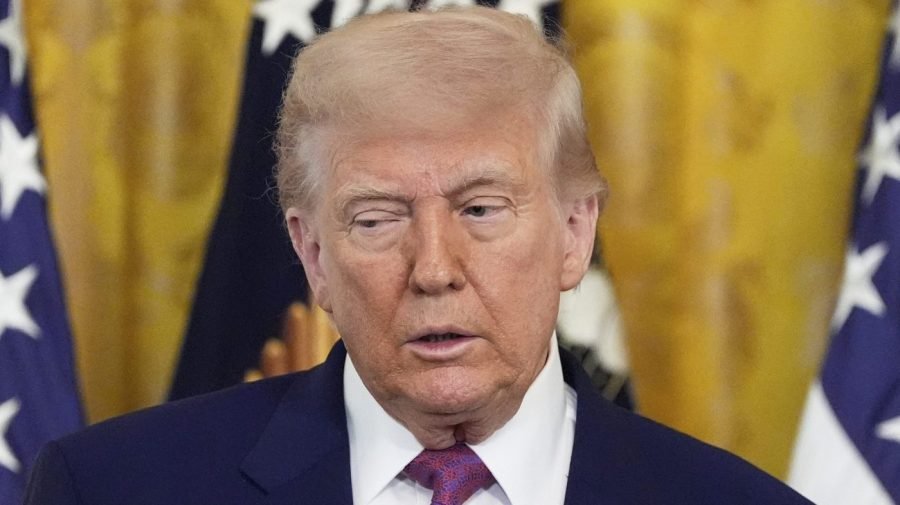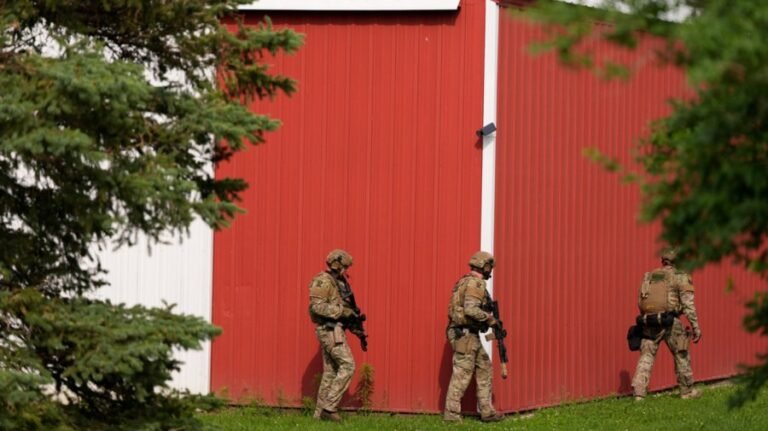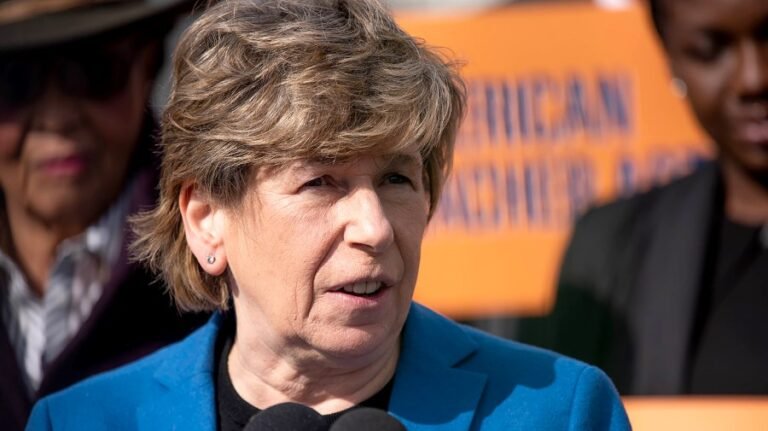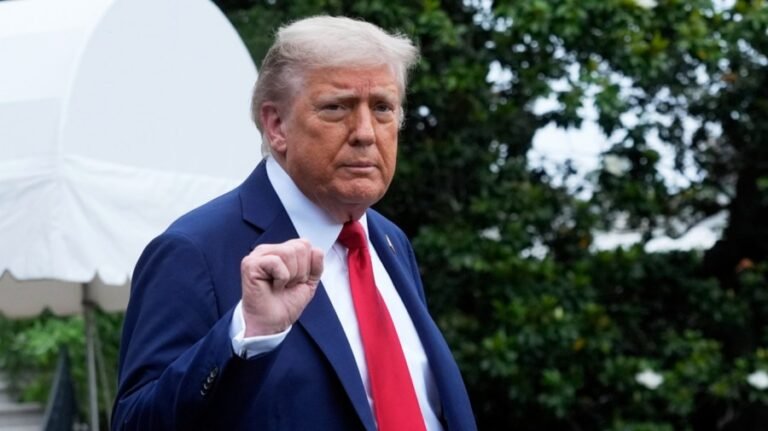
A federal judge on Friday blocked the Trump administration from implementing parts of President Trump’s executive order seeking to overhaul elections.
U.S. District Judge Denise Casper granted a request from a group of Democratic attorneys general to halt five sections of the executive order, most focused on Trump’s new requirements for proof of citizenship to register to vote in U.S. elections.
Casper is the second judge to block portions of Trump’s directive. A federal judge in Washington, D.C., granted a preliminary injunction in April in three consolidated cases, which also focused on the new proof of citizenship requirements.
“There is no dispute (nor could there be) that U.S. citizenship is required to vote in federal elections and the federal voter registration forms require attestation of citizenship,” wrote Casper, an appointee of former President Obama.
“The issue here is whether the President can require documentary proof of citizenship where the authority for election requirements is in the hands of Congress, its statutes … do not require it, and the statutorily created [Election Assistance Commission (EAC)] is required to go through a notice and comment period and consult with the States before implementing any changes to the federal forms for voter registration,” she continued.
Casper enjoined the administration from implementing new rules mandating documentary proof of citizenship in federal voter registration forms. She also blocked conditioning any funding for states from the EAC — an independent election administration agency — on their adoption of a ballot receipt deadline of Election Day.
She also blocked a directive to Attorney General Pam Bondi to take civil or criminal action against states that violate any provisions by counting absentee or mail-in ballots received after Election Day in the final tabulation of votes for president or members of Congress.
The portions of the order relating to ballots received after Election Day apply to 13 of the 19 states that filed the challenge, she ruled.
“There is nothing in the text of the Election Day statutes that bars the Ballot Receipt States from counting ballots received in accordance with their ballot receipt laws or that provides for civil enforcement or criminal action by the Attorney General against the Ballot Receipt States,” the judge wrote in her 44-page opinion.
Trump’s executive order, signed in March, said it was his administration’s policy to enforce federal law and “to protect the integrity of our election process.” The president has repeatedly questioned the legitimacy of American elections, most notably the 2020 election won by former President Biden.
“The Constitution does not grant the President any specific powers over elections,” Casper wrote.


